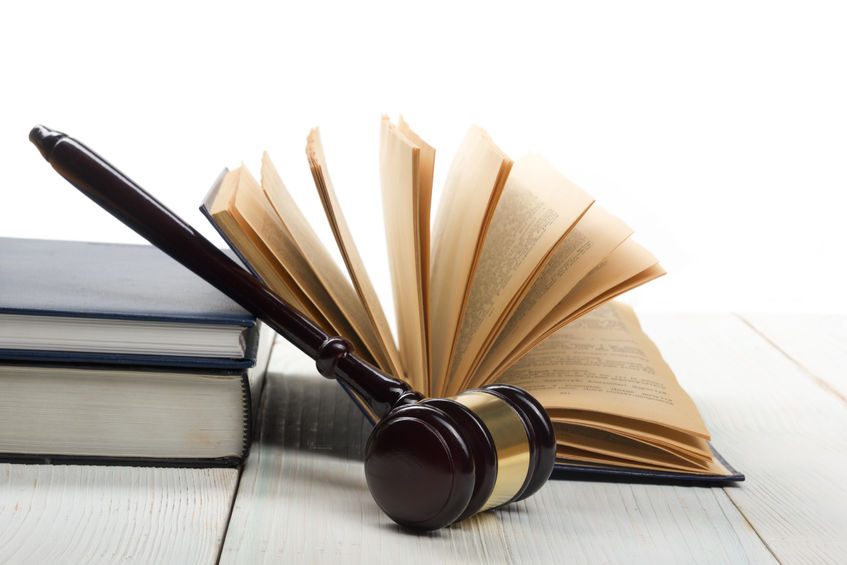Finding the right lawyer can be a crucial step in resolving legal issues and obtaining the best possible outcome for your case. Whether you’re facing a personal injury claim, a divorce, or a business dispute, knowing how to find a lawyer who is skilled, experienced, and trustworthy is essential. This guide provides details on finding a lawyer, helping you make informed decisions and navigate the legal system with confidence.
Determine Your Legal Needs
Before you begin your search for a lawyer, it’s important to determine your legal needs. Identify the specific area of law your case falls under, such as personal injury, family law, or criminal defense. This will help you narrow down your search and find a lawyer with the right expertise for your case.
Research Potential Lawyers
Once you’ve identified your legal needs, research potential lawyers who specialize in the relevant area of law. Start by asking for recommendations from friends, family, or colleagues who have had similar legal issues. You can also use online resources such as legal directories, bar association websites, and lawyer review websites to find qualified lawyers in your area.
Check Their Credentials and Experience
When evaluating potential lawyers, check their credentials and experience in handling cases similar to yours. Look for lawyers who are board-certified in the relevant area of law and have a track record of success in representing clients with similar legal issues. Consider factors such as their years of experience, case results, and client reviews.
Schedule Consultations
Once you’ve narrowed down your list of potential lawyers, schedule consultations with each one. During the consultation, discuss your case in detail and ask questions about the lawyer’s experience, approach to your case, and fees. Use this opportunity to assess the lawyer’s communication skills, professionalism, and how comfortable you feel working with them.
Consider Their Communication Style and Availability
Effective communication is key to a successful attorney-client relationship. Choose a lawyer who communicates clearly, keeps you informed about your case, and is responsive to your inquiries. Consider their availability and how accessible they will be to answer your questions and address your concerns throughout your case.
Evaluate Their Fee Structure
Before hiring a lawyer, it’s important to understand their fee structure and how they will bill you for their services. Most lawyers charge either an hourly rate or a contingency fee, where they only get paid if you win your case. Make sure you understand the fee arrangement and any additional costs involved in your case.
Trust Your Instincts
Ultimately, trust your instincts when choosing a lawyer. Select a lawyer who makes you feel comfortable, confident, and who you believe will represent your interests effectively. Your lawyer should be someone you trust to handle your case with professionalism, integrity, and dedication.
Conclusion
Finding the right lawyer can be a daunting task, but with careful research and consideration, you can find a lawyer who is right for you. By determining your legal needs, researching potential lawyers, checking their credentials and experience, scheduling consultations, and evaluating their communication style and fee structure, you can make an informed decision and find a lawyer who will advocate for your rights and help you achieve the best possible outcome for your case. Details on finding a lawyer are essential for anyone facing legal issues and seeking competent legal representation.

